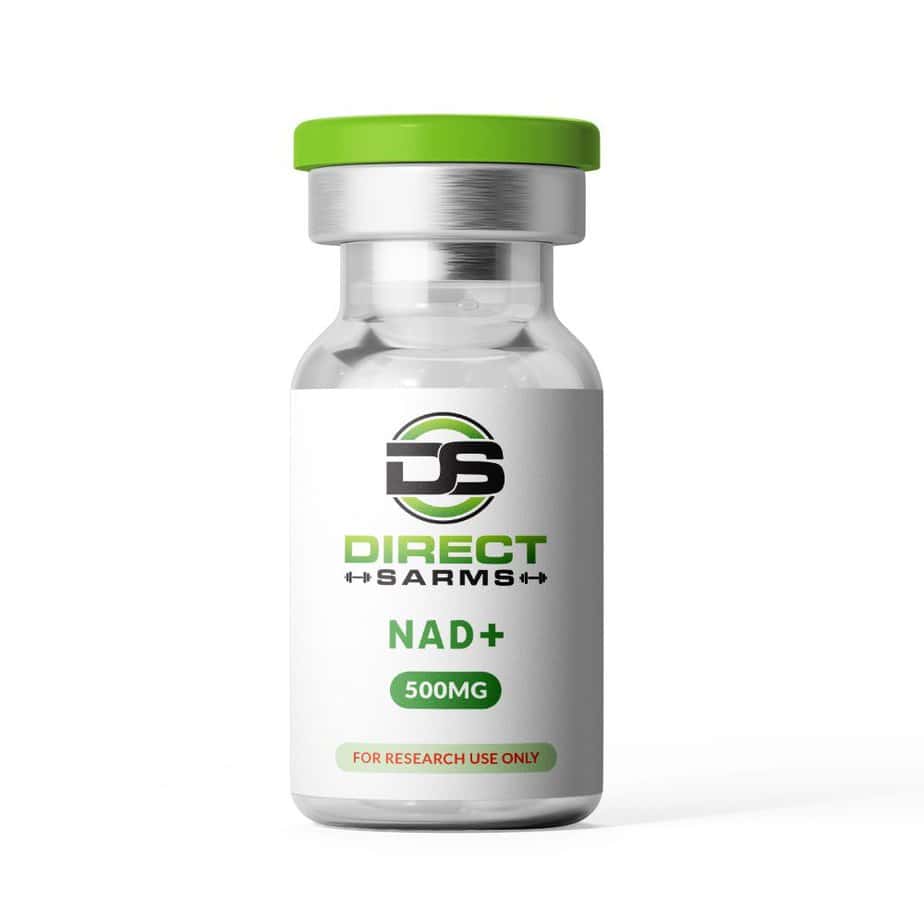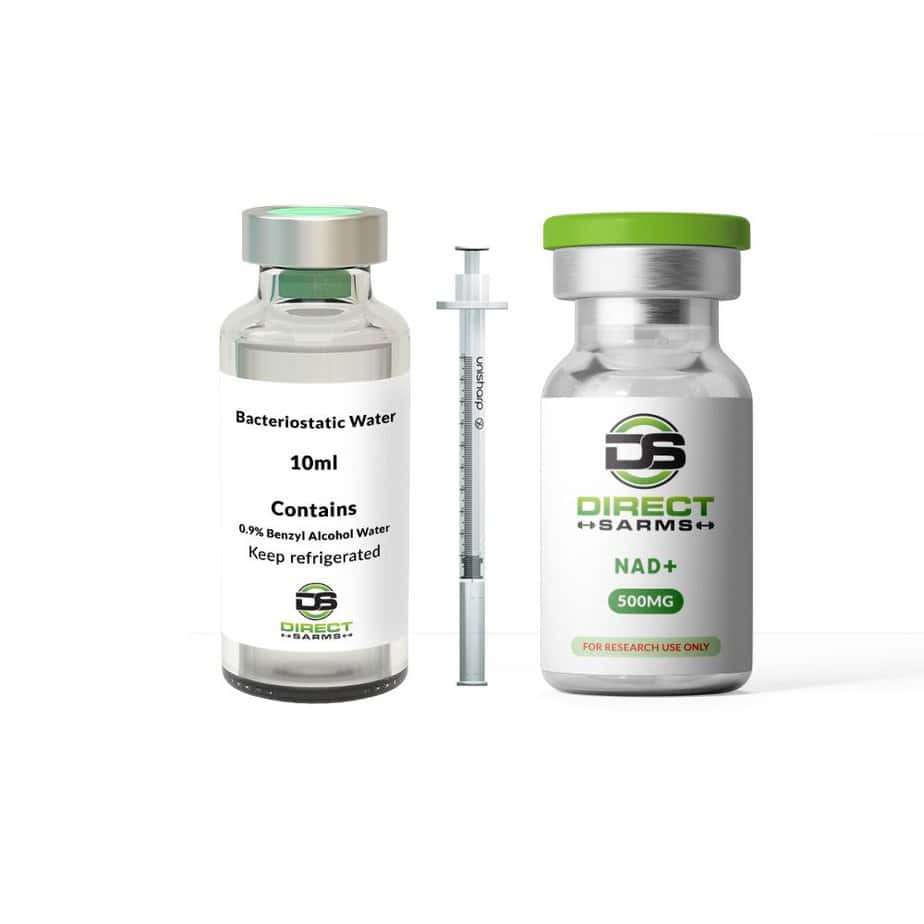NAD+ Peptide Vial
$50.00 – $339.93
NAD+ is described as one of the most important molecules in our body, but with age our levels fall. NAD+ peptide vial can have the following benefits:
- Boost the immune system
- Regulate metabolism
- Can increase insulin sensitivity
- Improved cognitive function
- Increase energy levels
Size: 250mg | 500mg
SAVE 15% with a Value Pack – 4 x NAD+ Vial
471 in stock
First time customer gets 15% discount code = 1storder
NAD+ Peptide Vial Norway
Nicotinamide adenine dinucleotide, or NAD+ peptide vial, is the oxidised version of NADH. Its primary biological role is to transport electrons from one metabolic reaction to the next, operating as an energy shuttle both inside a cell and, under certain circumstances, to extracellular sites.
NAD+ also participates in cell-to-cell communication, posttranslational alteration of proteins, and activation of enzymes and deactivation. NAD+ has been discovered to be released from neurons in blood vessels, the bladder, the large intestine, and from certain neurons in the brain as an extracellular signalling molecule. Our cells would be unable to produce any energy necessary for survival and function without adequate NAD+ levels. NAD+ 500mg supplementation also controls our circadian rhythm, which manages our body’s cycle of sleep and wakefulness.
It seems that aging-related NAD+ depletion through PARP activation is a factor in a number of illnesses. Many Norway experts think that PARPs play the largest role in all of these NAD+ dependent processes. Our immune system’s enzymes also deplete NAD+. The amount of NAD+ that is consumed by the enzyme increases with immune system activity. As we get older, our immune systems produce more enzymes, which lowers the body’s NAD+ levels.
The term “sirtuins” refers to a different category of NAD+-using enzymes. These proteins employ NAD+ to control metabolism, maintain stable chromosomes, and repair damaged DNA. They are associated with healthy ageing and lifespan. Sirtuins consume more NAD+ with ageing as chromosome instability and DNA damage increase.
Norway NAD+ Peptide Vial Benefits:
Anti-aging
Sirtuins maintain genome integrity, encourage DNA repair, and have been linked to anti-aging effects in model animals, such as lengthening longevity. The energy source for the genes’ operation is NAD+, but sirtuins need NAD+ to function.
According to research, increasing the body’s NAD+ level activates sirtuins and lengthens the lives of mice, worms, and yeast. Although NAD+ replenishment has promising outcomes in animal models, Norway researchers are still investigating how these outcomes may apply to people.
Cognitive improvement
Increasing NAD+ levels in animals with Alzheimer’s disease can reduce protein build up that interferes with cell communication and improve cognitive performance. Raising NAD+ levels also prevents brain cells from degenerating when the brain isn’t getting enough blood flow. Studies using animal models offer fresh perspectives on how to support healthy brain ageing and protect against neurodegeneration.
Function of the heart
Increasing NAD+ levels protects the heart and enhances cardiac functioning. NAD+ boosters have restored NAD+ levels in the heart of mice to baseline levels and shielded the organ from damage brought on by reduced blood flow. Supplement NAD+ 500mg can shield mice from irregular cardiac enlargement, according to other Norway studies.
Metabolism
Diets high in fat and ageing both lower the body’s NAD+ levels. Studies have demonstrated that supplementing with NAD+ 500mg can reduce mice’s age- and diet-related weight gain and increase their ability to exercise. Other Norway research even managed to mitigate the effects of diabetes in female mice, demonstrating fresh approaches to combat metabolic problems.
Energy & muscle function
The efficiency of our mitochondria is essential to how well we workout. One of the secrets to preserving healthy mitochondria and constant energy output is NAD+. Mice with higher NAD+ levels have better mitochondria and are found to be more fit.
Other studies demonstrate that mice who receive NAD+ peptide vial boosters are slimmer and have more endurance when running on a treadmill. Animals that are older and have more NAD+ perform better than their peers.
References:
[1] C Shade (2020) The Science Behind NMN–A Stable, Reliable NAD+Activator and Anti-Aging Molecule – Integrative Medicine: A Clinicians Journal (Encinitas), 2020 Feb, Volume 19 (Issue 1), Pages 12–14.
[2] J Camacho-Pereira, M G Tarragó, C C S Chini, V Nin, C Escande, et al (2016) CD38 Dictates Age-Related NAD Decline and Mitochondrial Dysfunction through an SIRT3-Dependent Mechanism – Cell Metabolism, 2016 Jun 14, Volume 23 (Issue 6), Pages 1127-1139.
[3] Zhiwen Yao, Wenhao Yang, Zhiqiang Gao, Peng Jia (2017) Nicotinamide mononucleotide inhibits JNK activation to reverse Alzheimer disease – Neuroscience Letters, 2017 Apr 24, Volume 647, Pages 133-140.
ALL CONTENT AND PRODUCT INFORMATION AVAILABLE ON THIS WEBSITE IS FOR EDUCATIONAL PURPOSES ONLY.
DISCLAIMER: These products are intended solely as a research chemical only. This classification allows for their use only for research development and laboratory studies. The information available on our Norway Direct Sarms website is provided for educational purposes only. These products are not for human or animal use or consumption in any manner. Handling of these products should be limited to suitably qualified professionals. They are not to be classified as a drug, food, cosmetic, or medicinal product and must not be mislabelled or used as such.
Buy NAD+ Peptide Vial From Norway Direct Sarms Online Today!
Information on Shipping can be found in our FAQ’s
Related Products
You may also like…
-
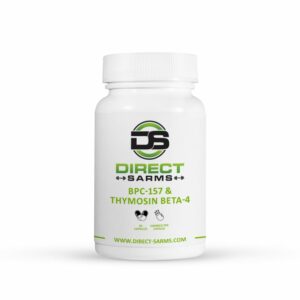 NEW REDUCED PRICE
NEW REDUCED PRICEBPC-157 And Thymosin Beta-4 Capsules
$223.40Original price was: $223.40.$185.91Current price is: $185.91. -
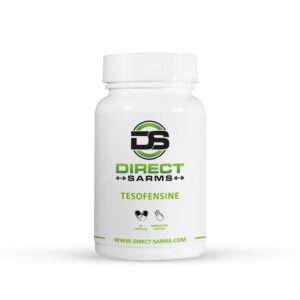 TWIN PACK
TWIN PACKTesofensine Capsules
$199.57 – $359.24 This product has multiple variants. The options may be chosen on the product page -
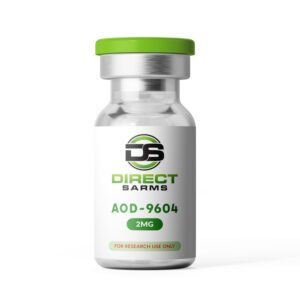 TOP SELLER
TOP SELLERAOD9604 Peptide Vial
$22.91 – $91.66 This product has multiple variants. The options may be chosen on the product page

